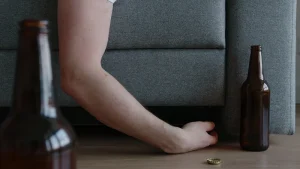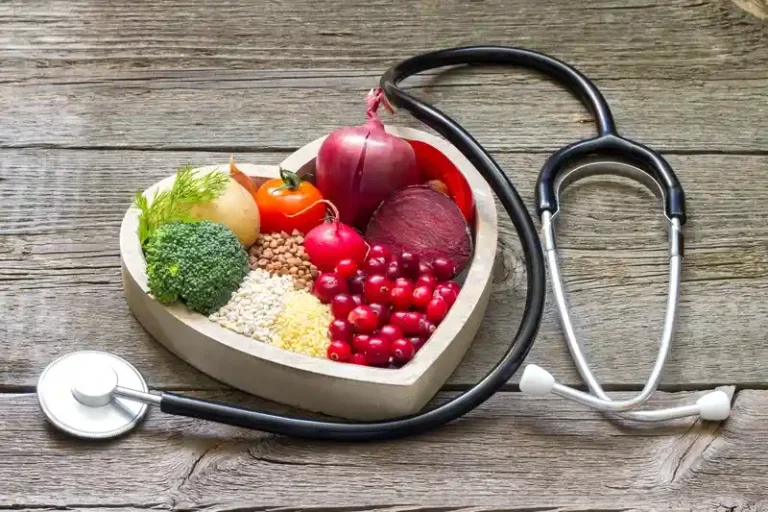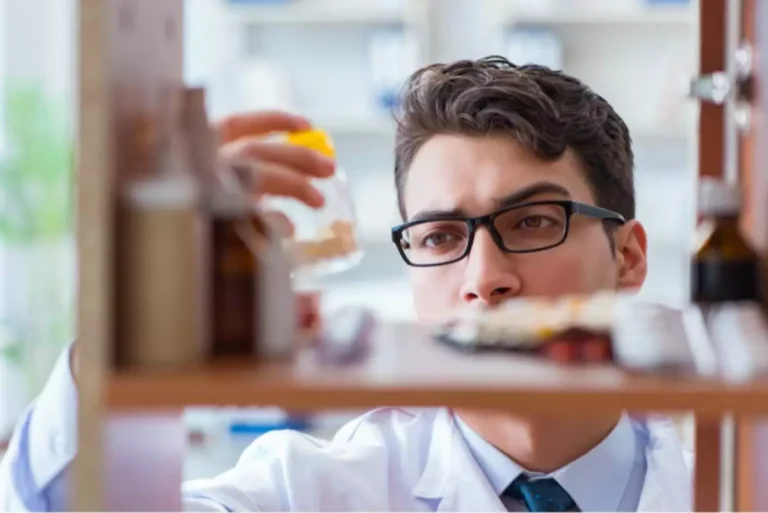
When you’re in a relationship with someone who drinks too much, their behavior can be hard to cope with. And when you’re the one with a drinking problem, it can be tough to recognize the harm you’re causing and make a change. Emma Laing, director of dietetics at the University of Georgia College of Family and Consumer Sciences, said she decided to be sober in 2020, after considering the health consequences of alcohol and a history of breast cancer in her family. If you or someone you know drinks alcohol, it is important to bring intention to the quantity that you consume, with knowledge of what is considered heavy or risky alcohol use.
- This is consistent with existing theory that emphasizes the dual roles of shortsighted information processing and salient social cues in shaping decisions under the influence of alcohol [46].
- Alcohol disrupts neurotransmitters, leading to mood fluctuations, memory lapses, and potentially severe cognitive damage.
- While drinking can lead to significant relationship challenges, it often doesn’t happen overnight.
- To distinguish and analyze what you’re consuming, Richard recommends meeting with a registered dietitian nutritionist, which is often covered by health insurance, or seeking guidance from other qualified health professionals and reputable online sources.
Addiction Destroys Dreams, We Can Help
- Two previous studies found no effect or a tendency for a negative effect on altruism following alcohol intake [19, 20].
- Nearly a third of U.S. adults have a period of problem drinking at some point during their lives (1).
- Alcohol can have a huge impact on the way you interact with others and the quality of your closest relationships.
- If you feel the need to be dishonest about your drinking, you may want to ask yourself why.
- While it’s true that alcohol can increase sexual desire in the short term, it can harm a person’s sex drive in the long run.
This was assessed using four sacrificial moral dilemmas (trolley problems) that involved a conflict between utilitarian and deontological moral foundations [25, 43, 44]. In each dilemma, participants were faced with the possibility of saving a certain number of people by sacrificing one individual. Killing the single person while saving the others is consistent with utilitarian judgment, while not pulling the switch is consistent with deontological judgment, whereby actively causing harm to another person is morally unacceptable regardless of overall consequences.
Addiction Treatment Programs
Deciding to cut down as a couple can benefit you both from a health point of view, but it may well give your relationship a positive boost too. More energy, better sleep and improved mood are just some of the known benefits of cutting down. Alcoholics anonymous (AA) and alcohol treatment centers offer classes and support group meetings.
Tips for healthier drinking and happier relationships
- Finances are about more than the dollars earned; they also include earning potential.
- Decades of research on the treatment of alcohol problems in couples have generated several effective therapeutic models to help treat alcoholic couples (for examples, see McCrady & Epstein, 1995a, 1995b; O’Farrell & Rotunda, 1997).
- But you’re likely to be more successful if you make a plan together to reduce your drinking.
She often brings her own nonalcoholic beer or wine to social gatherings, Laing said, and most bartenders are happy to make a mocktail. Drinking can seem like a comforting way to combat loneliness but it may surprise you to know that alcohol is a depressant, and can actually make those feelings worse and harder to deal with. You may find it helpful to increase your social interaction, whether it’s a phone call, virtual or meeting a friend face-to-face.
- Alcohol can significantly impact the levels of neurotransmitters in your brain, making depression worse.
- Since many people with substance use disorder believe they’re healthy, an intervention can help.
- In the second task, subjects chose repeatedly between binary allocations of money (for themselves and another anonymous participant).
- Sometimes, a codependent relationship can grow between a person with an alcohol use problem and their partner.
- One effective strategy is to create the illusion of holding a drink by opting for nonalcoholic beverages served in traditional cocktail glasses, complete with a straw and a lime wedge.
Natural or minimally refined sugars should still be consumed in small amounts and as part of a healthy diet. “We plan to explore how broadly the pro-thrombotic effect is in alternative sugar substitutes including both alternative sugar alcohols and common artificial sweeteners,” he added. Hazen said these findings underscore the importance of further long-term clinical studies to reassess the safety of erythritol and other sugar substitutes. Upon analysis, researchers found participants effects of alcohol on relationships who received erythritol experienced an increase in their blood erythritol levels by more than 1,000 times. For this study, Hazen and his team recruited 20 healthy volunteers — non-smokers without cardiovascular disease and no medical history of bleeding disorders. One commonly used sugar alcohol is erythritol — a sugar alcohol naturally found in certain fruits and vegetables and is commercially made through the fermentation of a simple sugar called dextrose found in corn.

Drinking a lot may worsen these feelings, which may actually drive further drinking. Almost 30 percent of Americans will experience alcohol use disorder at some point in their lifetimes. Individuals with alcohol use disorder may drink too much alcohol, too often. Recovery from alcohol addiction is a process that takes time and may involve setbacks. If you’re concerned about your partner’s drinking, there are many resources that can help you take a meaningful step towards change. That could include learning more about how to help someone stop drinking and starting an honest, compassionate conversation with your partner.
Concordant drinking and marital functioning

In fact, experts advise that the more resources you engage with, the more likely you are to achieve long-term success. At Monument, we offer treatment options like medication to stop drinking and virtual alcohol therapy. You also join moderated alcohol support groups and our anonymous community forum. Our highly qualified professionals are prepared to help you address your drinking and get you on the road to a happier and healthier life with strong personal relationships. For studies in which alcoholic couples were compared with nonalcoholic couples, the internal validity of the findings and the ability to make causal inferences are also influenced by the nature and source of the comparison groups (see the “Comparison Group” column in Table 1).
How Alcohol Affects Relationships

For example, within alcoholic samples marital satisfaction is positively correlated with spouses’ alcohol consumption for in-home and steady drinkers, while it is uncorrelated or negatively correlated to alcohol consumption for binge and out-of-home drinkers. Our results for moral judgment, that subjects became increasingly utilitarian, differ from the few previous studies. Francis and colleagues [21] recently conducted a placebo-controlled study on moral judgment, using both traditional moral dilemmas and an adapted virtual-reality moral behavior task.
